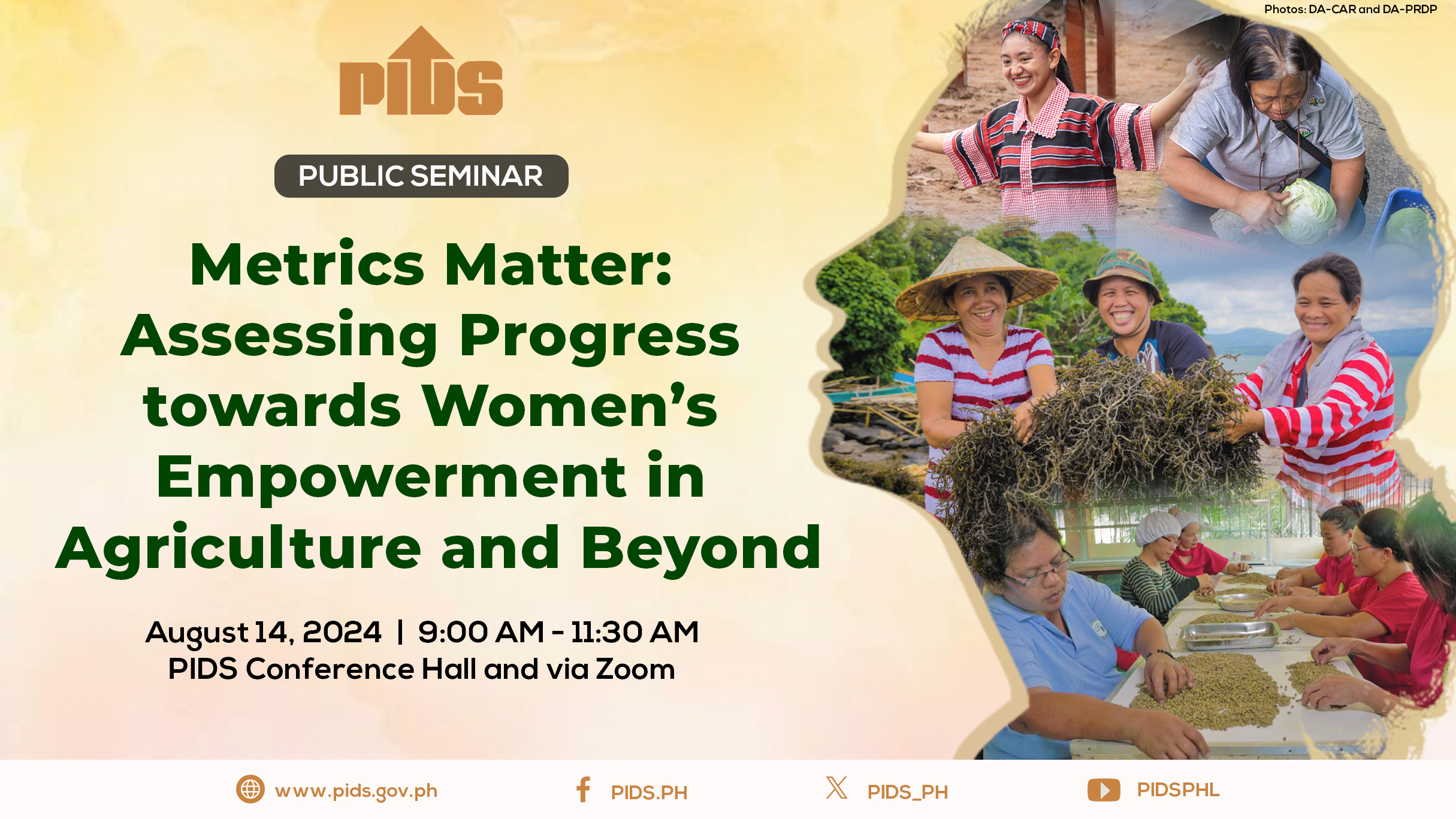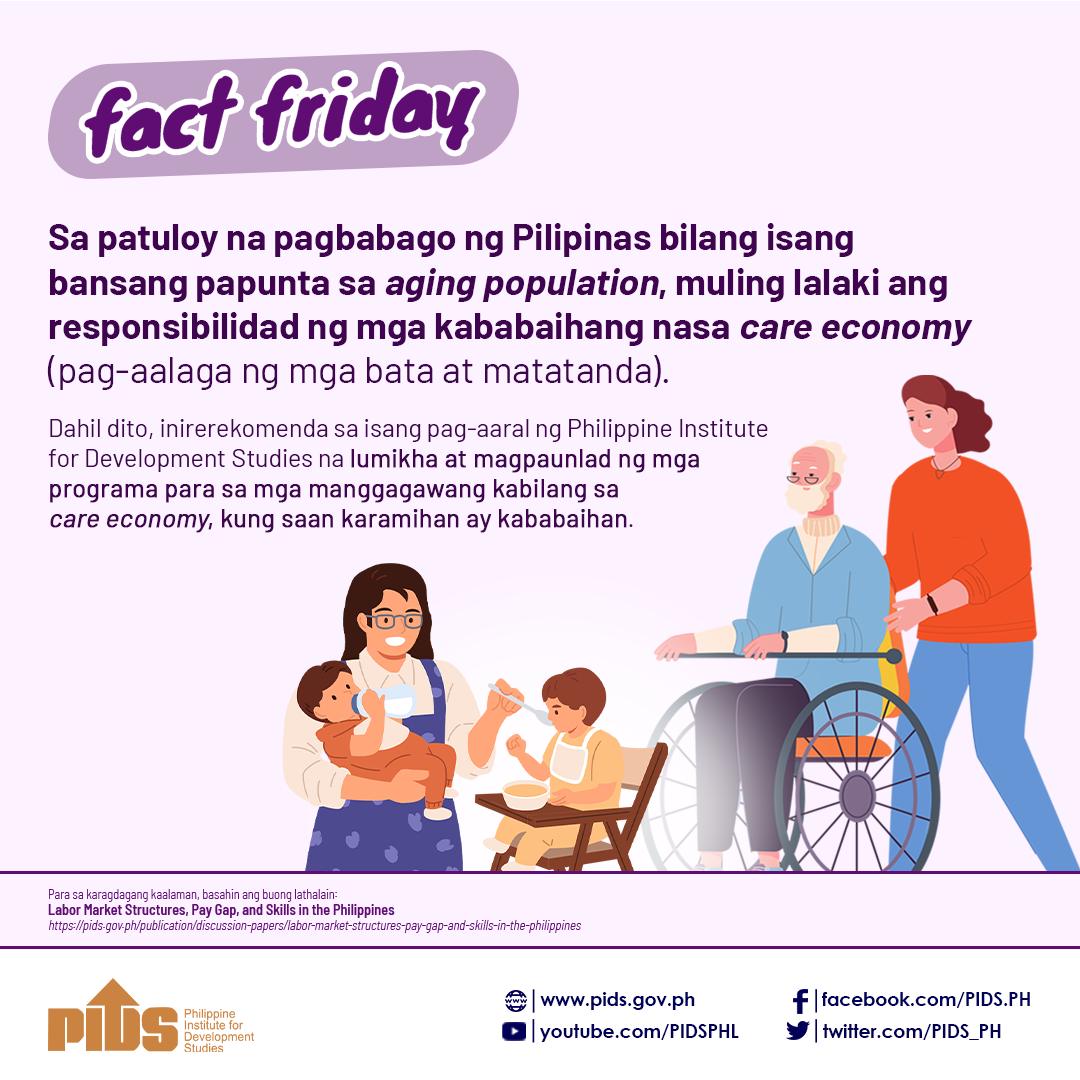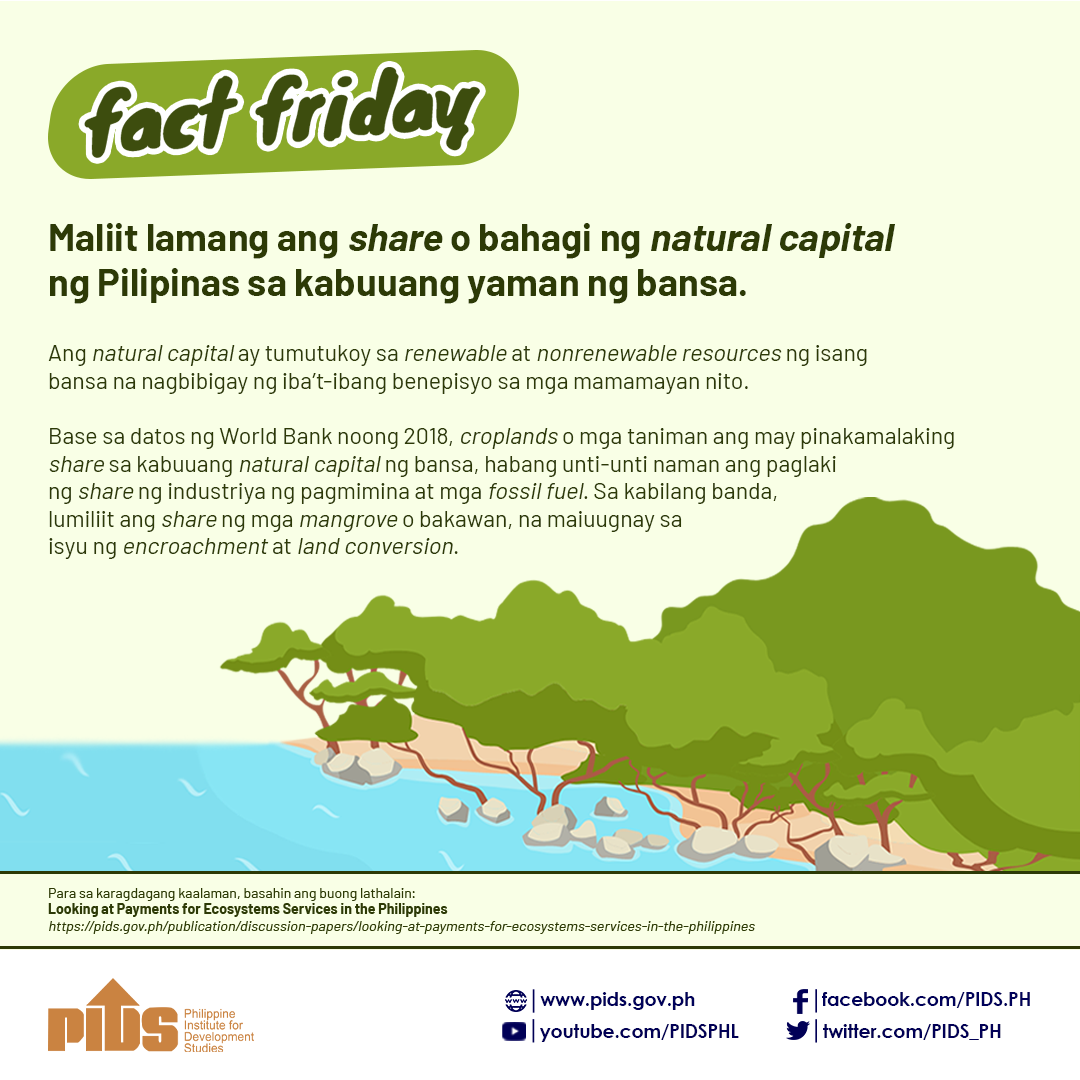Women play critical roles in food systems as food producers, processors, traders, consumers, scientists and policymakers, according to a gender and development specialist from the Manila-based Asian Development Bank (ADB). Despite this, rural women remain unable to gain access to resources that would allow them to increase their participation in economically productive endeavors, particularly in the agriculture sector. Data from the Philippine Statistics Authority (PSA) showed that more men are employed in the country’s agriculture sector than women.
Zonibel Woods, senior social development specialist at the ADB, said in a blog that female farmers in Asia and the Pacific do not receive the same economic benefits as men, either through wages of employment. She said female farmers also lack access to agricultural extension services that target their specific needs and provide them with increased knowledge, skills, and information.
In the Philippines, PSA data showed that males outnumbered females in terms of employment in agriculture. In 2016, there were 8.31 million males employed in the sector, nearly triple the 2.76 million females hired that year. Female agricultural workers also received lower pay than their male counterparts. In 2016, the daily nominal wage rate of male agricultural workers reached P278.23 or P17.45 higher than was paid to female agricultural workers at P260.78.
That more males are employed in the agriculture sector is probably due to the fact that women, especially in rural areas, are in charge of taking care of the household and are regarded as nurturers. A paper published by the Philippine Institute for Development Studies (PIDS) in July 2018 noted that women shoulder a disproportionate burden of the care economy in the form of housework and taking care of children, the sick, and the elderly. The extent of time women devote to the care economy results in time poverty, which hampers their ability to pursue economically productive and welfare-enhancing endeavors.
The Covid-19 pandemic increased the multiple burdens of women, according to the Philippine Commission on Women. Citing data from United Nations Women, PCW noted that Filipino women increased their time allocation for activities related to unpaid care work and unpaid domestic work. Longer hours devoted to unpaid care and domestic works reduced the rural women’s time to participate in alternative productive activities for their economic development.
The number of hungry people worldwide could be reduced by 150 million people if rural women were given equal access to resources as men, according to the UN Food and Agriculture Organization. This includes access to labor-saving technologies and even the most basic farm tools that many female workers lack.
Woods said access to credit will also improve women’s uptake of climate-smart agriculture practices, which can significantly reduce the labor burden for women in the sector.
It would do well for policymakers to heed the recommendations of the PIDS paper and to address issues related to women’s limited command over labor, inputs, and the social norms that discourage women’s use of certain machinery. As climate change aggravates the disproportionate burden of care economy on women, they should be allowed to participate in the crafting and implementation of adaptation and mitigation projects.
There’s an urgent need for government to invest in rural infrastructure that would reduce the time spent on care economy, such as the provision of childcare services, and the construction of pumps to improve access to water. This will help solve rural women’s low labor force participation, which represents a missed opportunity for economic growth.











